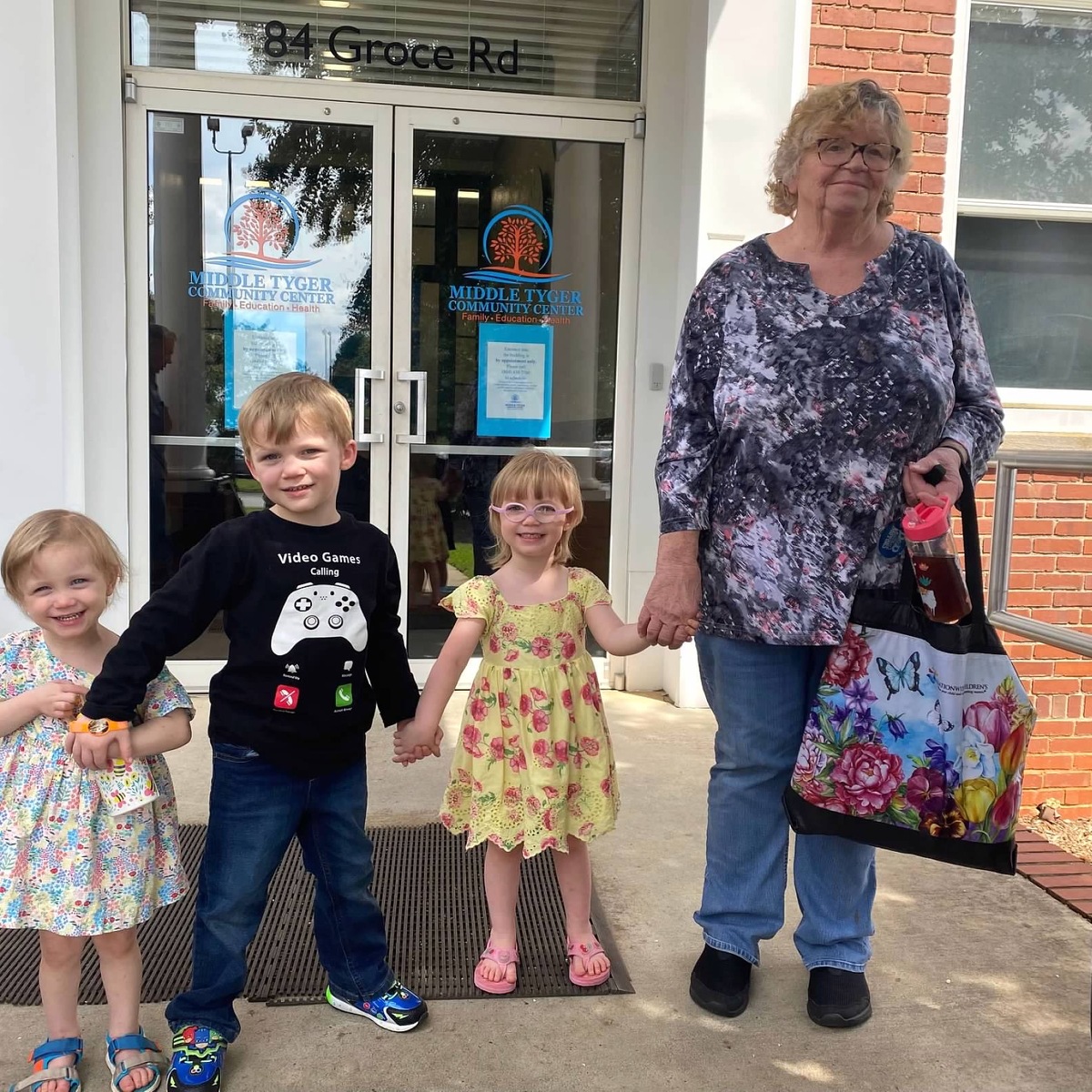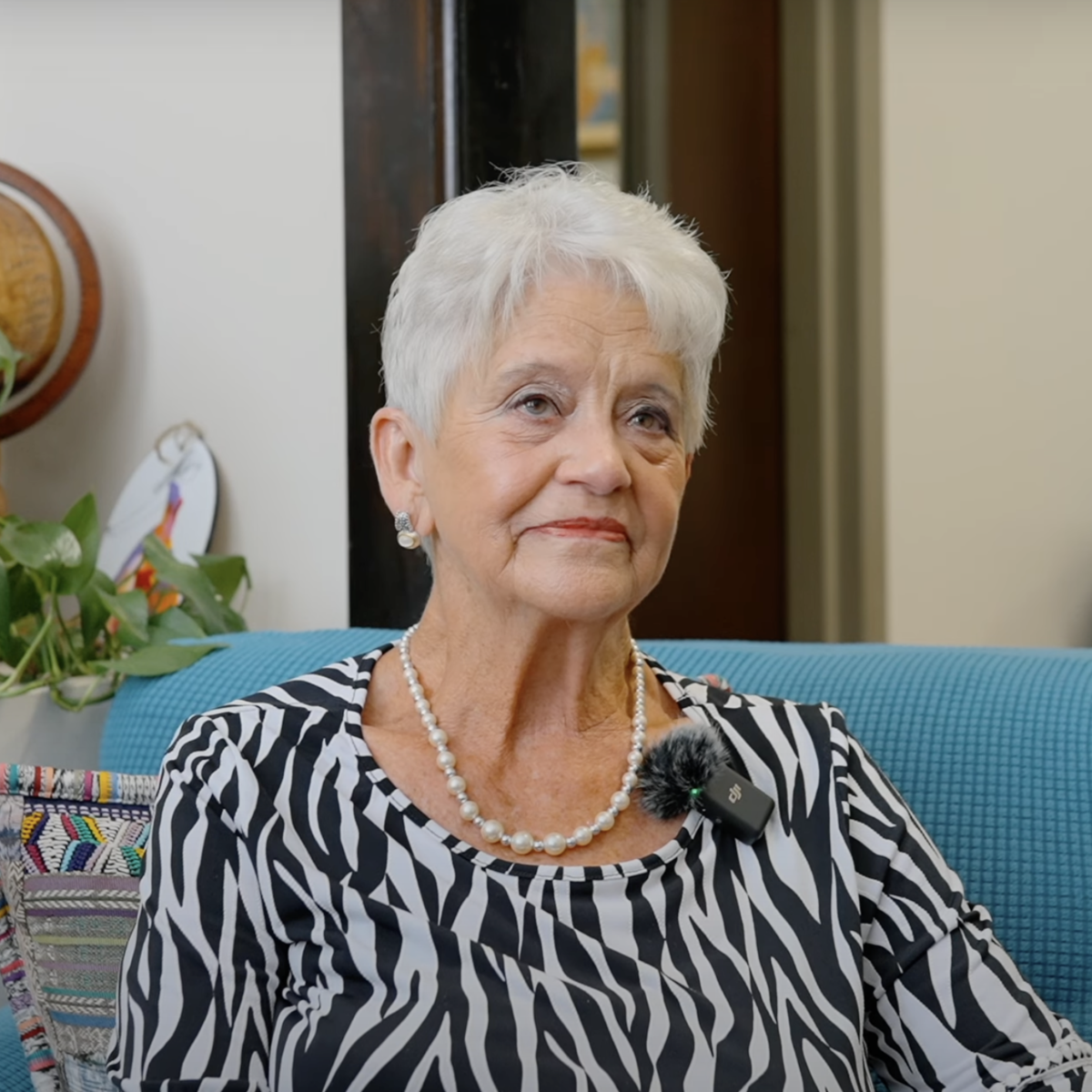Kinship Care Navigation & Support
Kinship care is a form of foster care where children are placed with relatives or close family friends instead of being placed in the traditional foster care system. Middle Tyger Community Center offers programs and support to kinship care families to help them navigate the unique challenges and opportunities of the system.

What is Kinship Care?
Kinship care is a form of foster care where children are placed with relatives or close family friends instead of being placed in the traditional foster care system. This type of caregiving has been around for centuries, as families have always looked to their extended family and community for support during times of difficulty. However, it was not until recent decades that kinship care gained recognition as a formal child welfare service.
Benefits of Kinship Care
Relatives are the preferred placement for children who must be removed from their birth parents because it helps maintain the children's connections with their families, increases stability, and overall minimizes the trauma of family separation.
Challenges of Kinship Care
Kinship caregivers need support and resources from their community. Kinship caregivers do not receive a state stipend and are financially responsible for the children given into their care. Oftentimes the kinship caregiver is a grandparent or great grandparent on a fixed income. As a community we have the opportunity to provide support and encouragement to kinship care providers.
Click HERE to access help from a Kinship Care Navigator or call (864) 439-7760.
Resources and Strategies for Kinship Caregivers
Caregivers often face unique challenges and require resources, services, and support to help them provide a stable and nurturing environment for the children in their care. Here are some resources and strategies that we offer to navigate the challenges of kinship caregiving:
Kinship Care Support Groups
Join a support group for kinship caregivers. This group provides emotional support and a sense of community. These groups often share information about available resources and services.
Financial Assistance
Kinship caregivers may be eligible for financial assistance, such as Temporary Assistance for Needy Families (TANF), Supplemental Nutrition Assistance Program (SNAP), and child care subsidies. MTCC can help you identify and connect with these services.
Mental Health and Counseling Services
Kinship caregivers and the children in their care may benefit from counseling or play therapy services. MTCC offers counseling services for caregivers and children.
Parenting Classes and Workshops
Positive Parenting workshops and seminars for caregivers to improve their parenting skills and knowledge for young children through the teen years.
Respite Care
Taking care of children can be physically and emotionally demanding. Respite care services exist to give yourself a break. MTCC can help identify and connect you with these services.
Advocacy Organizations
Organizations like Generations United, AARP, and other organizations can provide valuable information and support for kinship caregivers.
Financial Planning
Connect with a family advocate at MTCC to ensure you have a comprehensive financial plan in place that encompasses new expenses.
Educational Assistance
A family advocate will assist in researching scholarship programs and grants that may be available to support the educational needs of the children in your care.
Self-Care
Don't forget to take care of yourself. Managing the responsibilities of kinship caregiving can be stressful, so make time for self-care and seek emotional support when needed.



